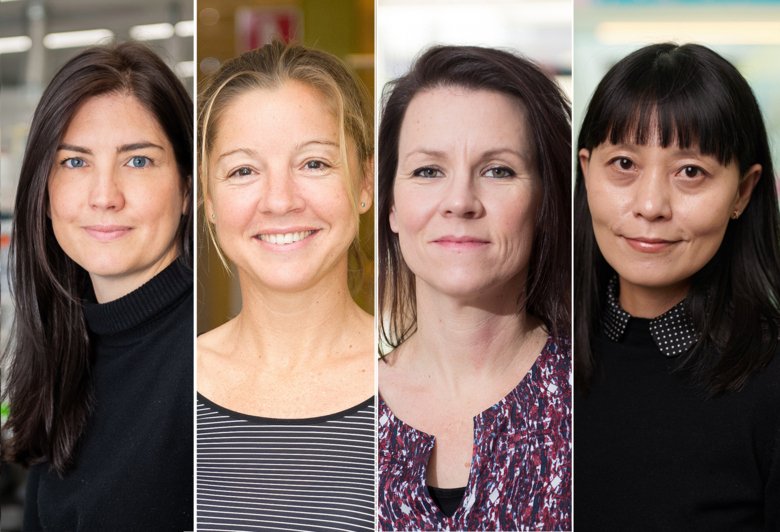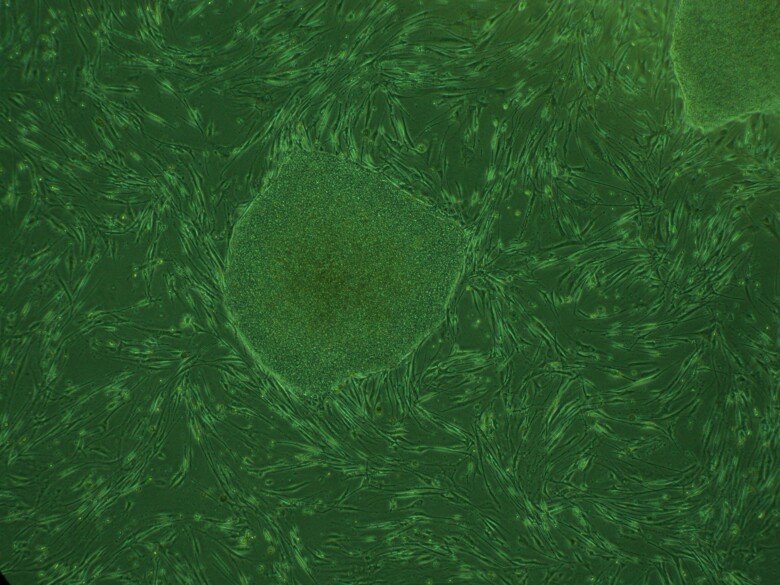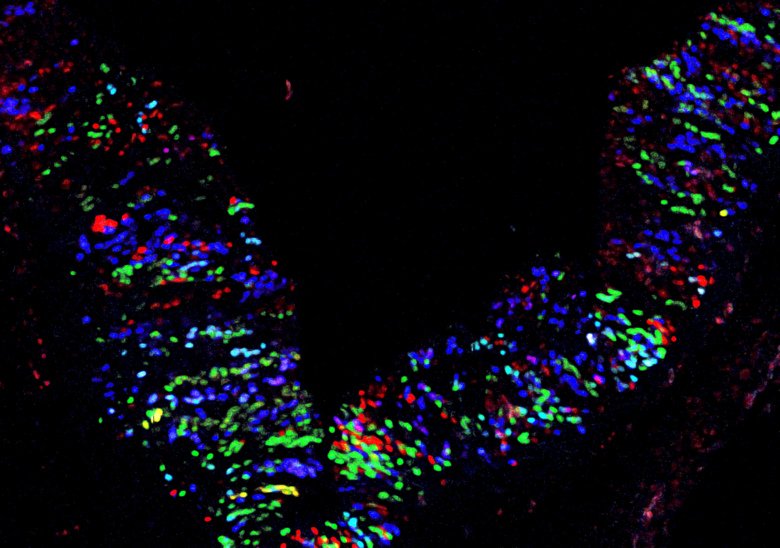Almost SEK143 million in KAW project grants

Four major research projects at Karolinska Institutet are to receive project grants from the Knut and Alice Wallenberg Foundation (KAW) this year. A total of almost SEK 143 million over a five-year period is to be invested in KI projects on cellular ageing, cerebral decision-making mechanisms, stem-cell fate and antibody-producing cells.
All in all, KAW is granting SEK 541 million kronor to 18 basic research projects in medicine, natural science and technology that are deemed to have breakthrough potential.
“What is extra gratifying about this round is that 60 percent of the projects that have been granted funding are led by women. The applications that the universities have prioritized in previous years have had significantly fewer female main applicants, it shows that the universities have now heeded our call for a more even gender distribution and that the female principal investigators pass the international evaluation at least as well", says Peter Wallenberg Jr, Chair of KAW in a press release.
The four KI projects to be awarded grants are:
Cellular ageing and metabolic diseases
Project: Adipose tissue senescence and metabolic disease in man
Principal applicant: Kirsty Spalding, senior researcher at the Department of Cell and Molecular Biology
Co-applicants: Göran Possnert, Uppsala University, and Ulf Smith, Gothenburg University
Grant awarded:SEK 31,000,000 for five years.
Summary: The project investigates the significance of premature cellular ageing (senescence) in fat tissue cells. Premature senescence is an irreversible block of cell cycle progression induced by stress, oncogenic stimulation or DNA damage. This can lead to functional impairment of the organ and increased inflammation. Functional change in fat tissue affects the development of chronic diseases and the risk of diseases such as cardiovascular disease, type 2 diabetes. In this project, the researchers will investigate mechanisms behind premature senescence and study its role in the pathogenesis of diabetes. They will also examine the effect of removing prematurely aged cells with newly developed drugs and investigate whether molecules that the cells secrete can serve as risk markers (biomarkers).

The development of antibody-producing cells
Project: Developmental trajectories for human B-cells
Principal applicant: Qiang Pan-Hammarström, professor at the Department of Biosciences and Nutrition
Co-applicants: Petter Brodin, Lennart Hammarström, Hong Qian, all three at Karolinska Institutet
Grant awarded: SEK 39,200,000 for five years.
Summary: An important part of the immune system is the B cell, which produces antibodies that enable the body to recognise and fight intruders, such as viruses and bacteria. This project is designed to map the development of human B cells. Amongst other approaches, the researchers will look into how different environmental factors affect the development of B cells in neonates. They will also compare patients with primary immunodeficiency, whose B-cell development is blocked, with healthy individuals in order to better understand the factors that regulate B-cell development. The research will improve scientists’ understanding of B-cell related diseases, such as autoimmunity, allergies, immunodeficiencies and cancer.
More about Pan Hammarström’s lab
Decision making in the brain
Project: Brain circuits in decision-making
Principal applicant: Marie Carlén, docent at the Department of Neuroscience
Co-applicant: Konstantinos Meletis, docent at the same department
Grant awarded: SEK 32,200,000 for five years.
Summary: The purpose of this project is to map out the biological basis of the mental processes of cognition, focusing on decision-making, option evaluation and strategy amendment. It will show the part played by specific neurons in these processes and how these neurons are different in the autistic brain. The researchers use methods that enable them to register the activity of a large number of neurons in real time in laboratory animals undergoing behavioural tests that require decision-making. The researchers can also control selected neurons in real time and in doing so demonstrate the part they play in decision-making and behaviour. The knowledge generated can contribute to the development of new drugs for processual disorders associated with decision-making.

Stem-cell fates
Project: Decoding cell fate with lineage-tracing in utero transduction
Principal applicant: Emma Andersson, researcher at the Department of Cell and Molecular Biology
Co-applicants: Igor Adameyko, Niklas Björkström, Jonas Frisén, Ulrika Marklund, all at Karolinska Institutet
Grant awarded: SEK 40,100,000 for five years.
Summary: The project concerns charting the development of stem cells into different cell types, such as neurons and liver cells, and their ability to sometimes be transformed into other cell types than the original in response to injury or disease. The researchers have developed a technique based on the labelling of stem cells using fluorescent signals and unique biological bar codes. Employing this technique, they will examine developmental principles in two regions of the mouse embryo: the neural plate, which develops into the brain and peripheral nervous system; and the embryonic liver, which develops into the liver and immune system. The knowledge generated can be used in regenerative medicine and give rise to new ways of curbing cells with abnormal development potential in cancer diseases.
